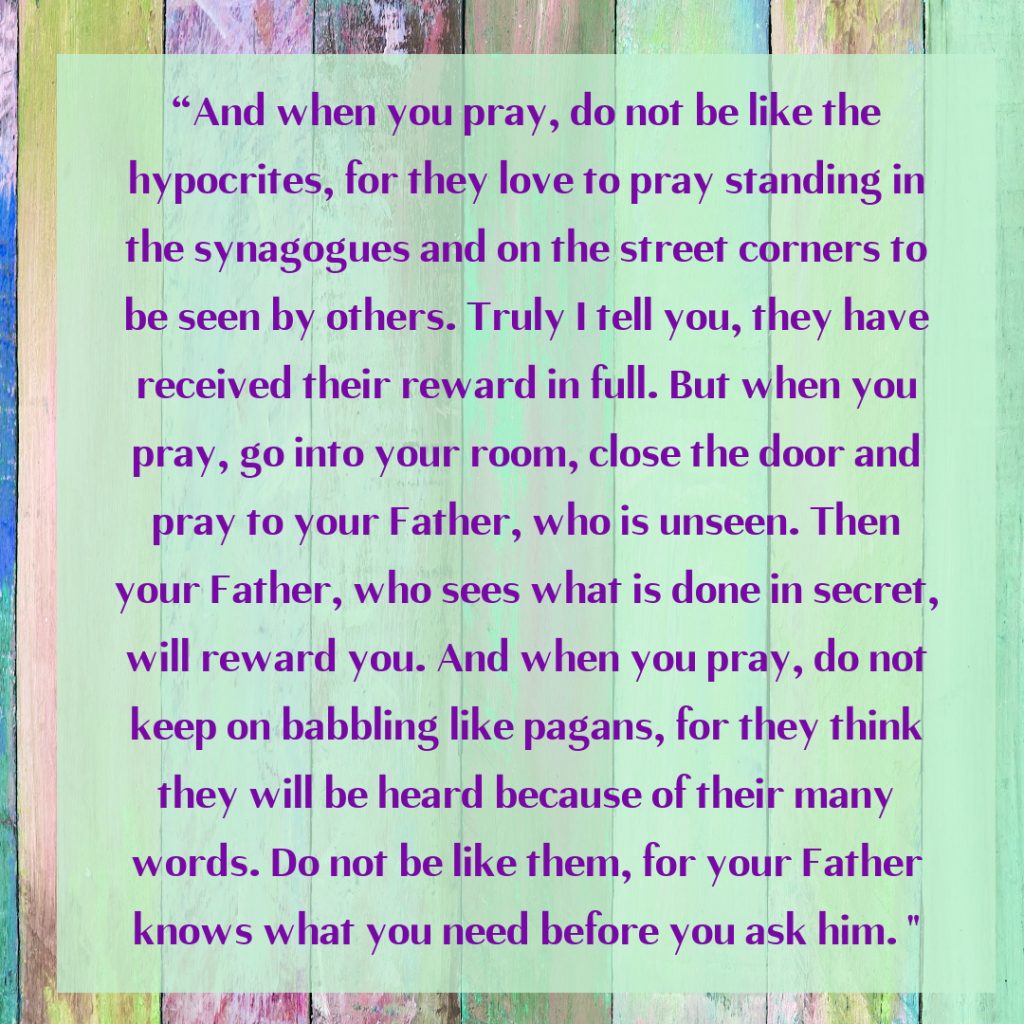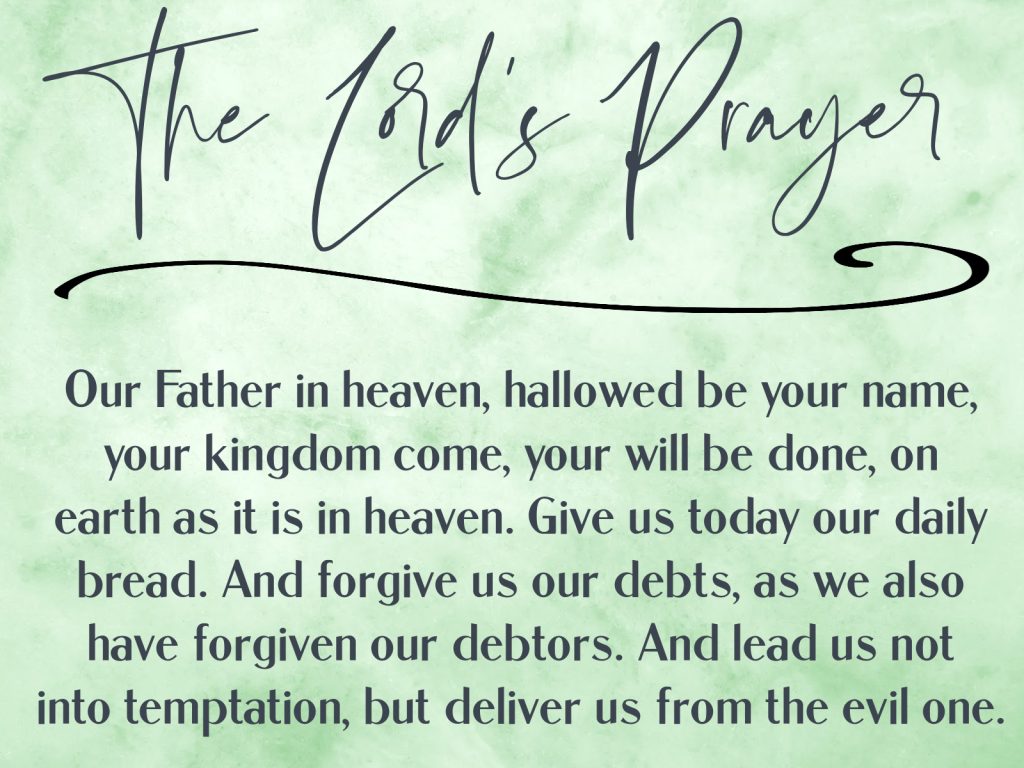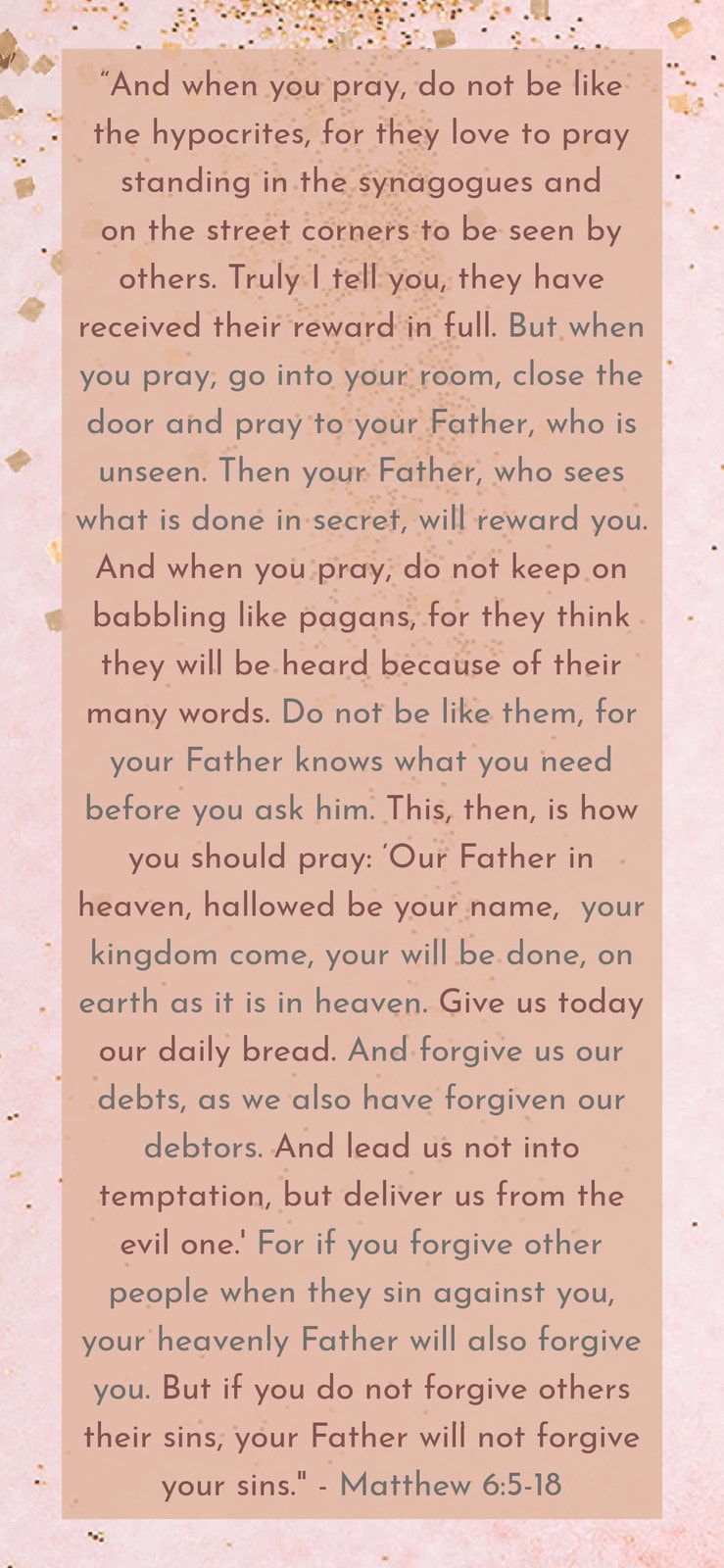We had an awkward family moment recently, one of those moments that not only exposed a “growth opportunity” for my child but also a glaring shortcoming of my own.
Allow me to set the scene: my kids and I were guests at my friend Amy’s house. It was lunch time and we had gathered around their kitchen table with Amy and her four-year-old son. The kids each had plates of food in front of them, and before digging into their sandwiches we all held hands for a prayer. The four-year-old asked if he could pray, and we bowed our heads so that he could offer the sweetest, most heartfelt little blessing. It was lovely, and as he concluded, we all chimed in with a hearty Amen.

It should have been a perfect moment. But then Charleston leaned over to me and, in an audible whisper, provided his commentary: “I don’t think that was a very good prayer. I am a MUCH better pray-er than him.”
FACE PALM!
I was quick to reassure our young friend that his prayer was marvelous, that God LOVES hearing from His children and was smiling down at the words he had offered. Then, cheeks aflame, I turned my attention to Charleston, reminding him that he has more than three years on his friend and that the comparison was hardly fair. I also emphasized that God cares more about our hearts when we pray than our exact words. I cited this very verse I’m memorizing this month, about praying for God alone and NOT to impress others. I *think* Charleston understood. The bigger question, though, is this: do I?

What is my purpose when coming to God in prayer? I LOVE to pray, especially with others, but when I do, is my heart always in the right place? Are those prayers directed to God alone, or is there a part of me that wants others to notice my prayers, to be impressed with me? Am I seeking validation from man or from God? When I pray, am I focused on God’s glory, or on my own eloquence? Those are tough questions to ask, but clearly they matter. They were implied in the very first instructions Jesus gave to His disciples when teaching them to pray, which tells us that the posture of our prayer is every bit as important as the words themselves.
I love that Jesus didn’t leave it there, though. He reminded his disciples of this important heart posturing, but then He followed it up with a prayer template that doubtless left all the rule-abiding, checklist types in His audience giddy with gratitude. It was a simple prayer, one recited by Christians ever since.

It’s a prayer I, too, pray often—verbatim at times, while also offering my own riffs. As with all habitual acts, it can be helpful to take a step back to get the broader picture. What, exactly, was Jesus saying in this model prayer?
Our Father in Heaven—If He is our Father, we are His children and we are loved and cared for by Him. He is our protector and our provider, and He is prepared to hear our requests and offer His blessing.
Hallowed be Your Name—God is Holy, superior, set apart, deserving of all glory and honor. We come to Him with humility, acknowledging His greatness, superiority, and sovereignty.
Your Kingdom come—This is a prayer for God to reign as King over our hearts, as much as it is an anticipation for the coming of His eternal Kingdom. N.T. Wright explains, “It’s a prayer about God’s kingdom coming on earth as in heaven—which pretty much sums up what a lot of Christianity is all about. . . . The prayer says: I want to be part of his kingdom-movement. I find myself drawn into his heaven-on-earth way of living. I want to be part of his bread-for-the-world agenda, for myself and for others.”
Your will be done, on earth as it is in Heaven—In praying for His Kingdom to come, we reorient our values and desires, bringing them into full alignment with His. We concede the shortsightedness of our own will, recognizing that His ways and His plans are far better than our own.
Give us today our daily bread—We trust that God will provide for our needs, and we agree to let Him do so in His own ways and His own timing. We lean into each day’s provision without anxiously making plans for the future.
And forgive us our debts, as we have forgiven our debtors.—God takes sin seriously. It is a barrier in our relationship with Him, one that must be dealt with for us to come to Him. As we ask His forgiveness we confess our own depravity and the greatness of His mercy. We lay down our brokenness and allow Him to envelope us with His all-consuming grace. And we welcome our own debtors to join us in our grace cocoon.
And lead us not into temptation, but deliver us from the evil one.—We are mindful that we live in a fallen world, that we wage battle against the enemy of our souls and that God can and will deliver us from falling into the evil one’s hands. We acknowledge that we need protection and agree to God’s rescue strategy.

Jesus, thank you for teaching us to pray. Holy Spirit, thank you for guiding our words and our hearts. Father, may all glory and honor and power be yours, forever and ever. Amen.